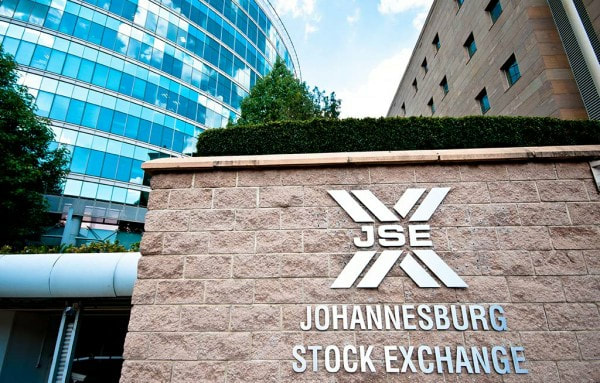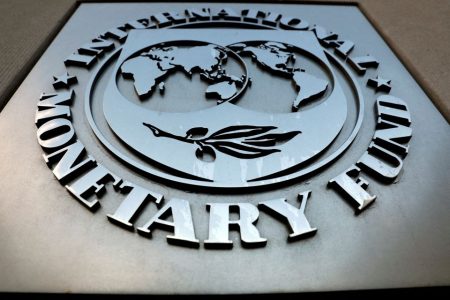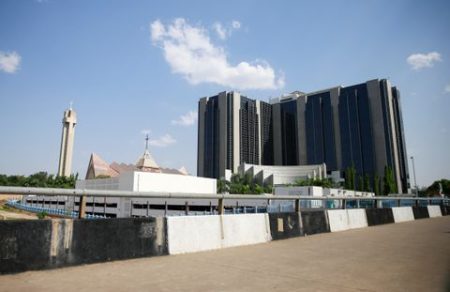
Johannesburg — South African equities are likely to experience another volatile session following the release of inflation data, as traders react to new economic indicators.
The JSE FTSE All Share Index fell by nearly a quarter of a percent, reflecting investors’ caution and some profit-taking after several days of gains.
The retail trade, producer manufacturing, and transportation sectors were the biggest losers, down 1.73%, 1.21%, and 1.01%, respectively, weighing on the market.
On the other hand, the communications, healthcare, and industrial services sectors helped support the market, rising 2.11%, 0.95%, and 0.85%, respectively.
The South African rand remained stable after inflation data showed a slight increase to 3.0% year-on-year in December, up from 2.9% in November. A stable currency could be favorable for South African stocks and could help attract foreign investors.
Retail sales in November saw a significant increase, helped by interest rate cuts, declining inflation, and pension reforms, which could benefit South African equities, particularly in the retail sector.
Inflation is expected to stay below the central bank’s 4.5% target throughout 2025, offering a positive outlook for stocks due to reduced concerns about a potentially tighter monetary policy.
In this regard, long-term government bonds yields remained on a downtrend overall and could continue to support the stock market if they continue to slide.
*Daniel Wesonga, Senior Sales Manager at Pepperstone



